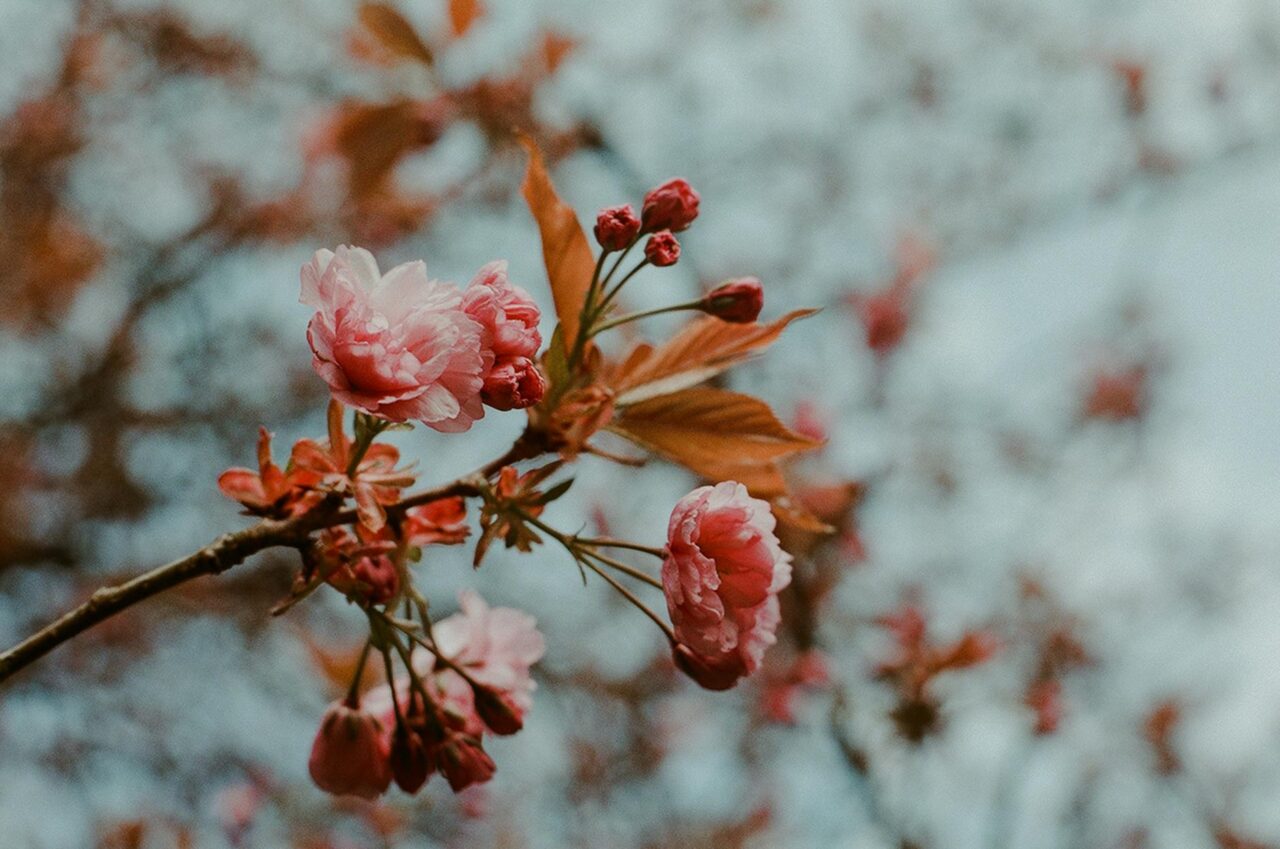Featured
Winter is not the best time to be a gardener. The cold temperatures, frost, and snow can play havoc on your grass and plants; however, here are a few tips to keep your garden looking its best during the colder months.
Start with Plant Debris/Mulch
First, you should clear out and collect all your garden debris. Leaf blowers in Autumn allow you to collect and clear all the debris you may need to make garden mulch, which is one of the key things you need to keep your garden healthy.
A thick layer of mulch should be put on all your flower beds before the Winter comes to ensure your plants get all the nutrients they need until the warmer months come around.
Cover Crops
Cover crops are hardy, Winter-resistant crops that ensure your soil stays healthy, keep your garden ecosystem healthy, and can brilliantly prepare you for the warmer months.
Legumes and mulch add nutrients and nitrogen to the soil, which it keeps it thriving throughout the cold.

Harvest Your Vegetables
While this may seem obvious, it is best to harvest all of your vegetables and cut back your plants. Most vegetables do not tolerate the first frost and cold very well and can quickly die if not harvested.
However, hardy vegetables, such as Brussels sprouts and broccoli, can withstand frost quite well and, more often than not, taste better after withstanding the frost until they are ready to be harvested.
De-Weed
Considering garden maintenance will either slow down or completely stop during the Winter, it is important to de-weed as much as possible. Weeds can quickly grow out of control if they are not dealt with, and the Winter won’t stop that.
Plus, weeds can be perfect for your mulch pile, meaning the extra effort can almost accomplish two tasks at once.
General Maintenance
As mentioned, general maintenance will slow down once the cold sets in, and will become even more complex with frost and if the ground freezes over. Because of this, it is essential to do a once-over before it is too late.
From lawn mowing, to hedge trimming, cleaning up and pruning, set aside a weekend to tidy up your garden, clean your tools, put everything away in storage, etc.
Plant/Tree Maintenance
Not all plants are made equally, and they each require their own type of care to ensure they can survive the cold weather and come out the other side better than ever.

Perennials
Research your perennials and find out if they can withstand the cold months or not. If they can’t, it is best to cut them back and ensure they have a decent layer of mulch. They won’t grow much, but they will at least stay healthy and happy.
Tender Annuals
For tender annuals, you have two options. You can either bring them indoors and cover them with a frost cloth, or you can also simply let them die. While the latter seems extreme, tender annuals are meant to be replanted yearly. Therefore, collect seeds or stems and replant them when the weather warms up again.
Roses
Considering roses can be delicate flowers to grow at the best of times, you need to make a bit of extra effort to protect them. Firstly, cover their bases with mulch and pine needles, and then wrap them in burlap to stop them from drying out.
Tender Bulbs
For tender bulbs, you will need to dig them up and place in them storage. Remove them from the soil, clean off the dirt, and put them in a basket with crumpled newspaper in a cool, dark cupboard or area of your home or shed.
Trees & Shrubs
Older trees and shrubs can usually survive the Winter just fine, but if they are newly planted, it is best to wrap them with burlap. If they are near roads or paths where snow salt is used, add additional coverings to stop any of the salt from damaging your plants.

Disconnect Your Hose/Watering System
If you use a hose or watering system, it is best to disconnect it before the first frost arrives. They pipes need time to dry out before it gets too cold, as even the smallest amount of freezing can damage them over time.
Do Not Cover Your Plants
Finally, do not cover your plants with plastic sheeting or a material that doesn’t breathe. They can easily become too warm and humid and begin to decay over time. This is why you use something like burlap and not plastic bags or garbage bags.
Again, if possible, you can dig up some of your plants and place them in pots to store in a greenhouse or your home, but if that is not possible, using burlap as a covering is the best option.
In conclusion, keeping your garden happy and healthy in the Winter isn’t as hard as you may think, as long as you prepare in advance and do what you need to do before it gets too cold and frosty.































